Top Proteins for Dogs: Exploring the Best Options for Your Canine
Ensuring your furry companion thrives involves more than just scooping kibble into their bowl—it’s about understanding the building blocks of their nutrition. When it comes to the best proteins for dogs, the choices extend far beyond the familiar chicken or beef. From nutrient-packed options like fish and venison to the often-overlooked bison and duck, each protein source offers unique benefits that can elevate your dog’s health. In this comprehensive guide, we’ll navigate through the world of proteins, unveiling the top picks and exploring how these diverse options can power your pup’s vitality and well-being.
Lamb
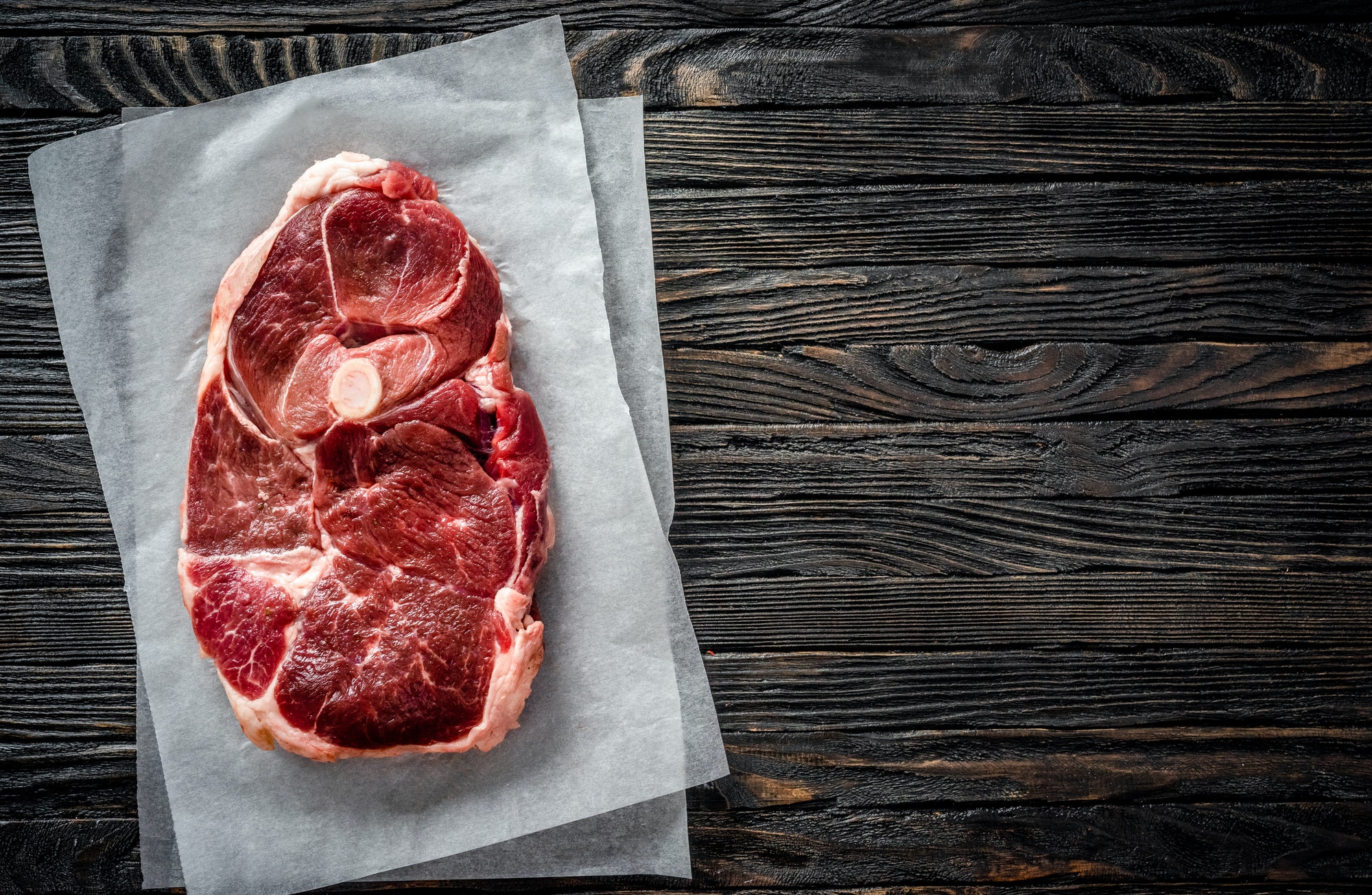
Lamb is a standout protein source that offers myriad health benefits for our canine companions. Full of essential nutrients like vitamin B12, iron, and zinc, lamb presents a wholesome package of vital elements crucial for supporting various bodily functions in dogs. These nutrients are pivotal in bolstering the immune system, aiding red blood cell formation, and maintaining optimal nerve function. Beyond its nutritional content, lamb also boasts an excellent amino acid profile, providing the necessary building blocks for tissue repair, muscle growth, and overall body maintenance in our furry friends.
What makes lamb an exceptional protein source for dogs is its high digestibility, making it an appealing protein source for dogs with sensitive stomachs or digestive issues. This digestibility factor ensures that dogs can derive maximum nutritional value from this protein source, promoting overall health and well-being. Additionally, lamb contains compounds like conjugated linoleic acid (CLA) and taurine, further contributing to its health-boosting properties. CLA is renowned for its anti-inflammatory properties and immune support. At the same time, taurine plays a pivotal role in maintaining a strong and healthy heart, which is essential for the longevity of our furry companions.
Moreover, vitamin B12 in lamb is another reason it is a beneficial protein source for dogs. Vitamin B12 is crucial in supporting brain health and cognitive function in canines. By potentially warding off conditions like dementia and promoting mental acuity, lamb offers a delectable meal and a nutritious addition to your dog’s diet. In summary, the nutrient density, impressive amino acid composition, digestibility, and health-boosting components collectively position lamb as a stellar protein source that can contribute significantly to your dog’s overall health and vitality.
Beef
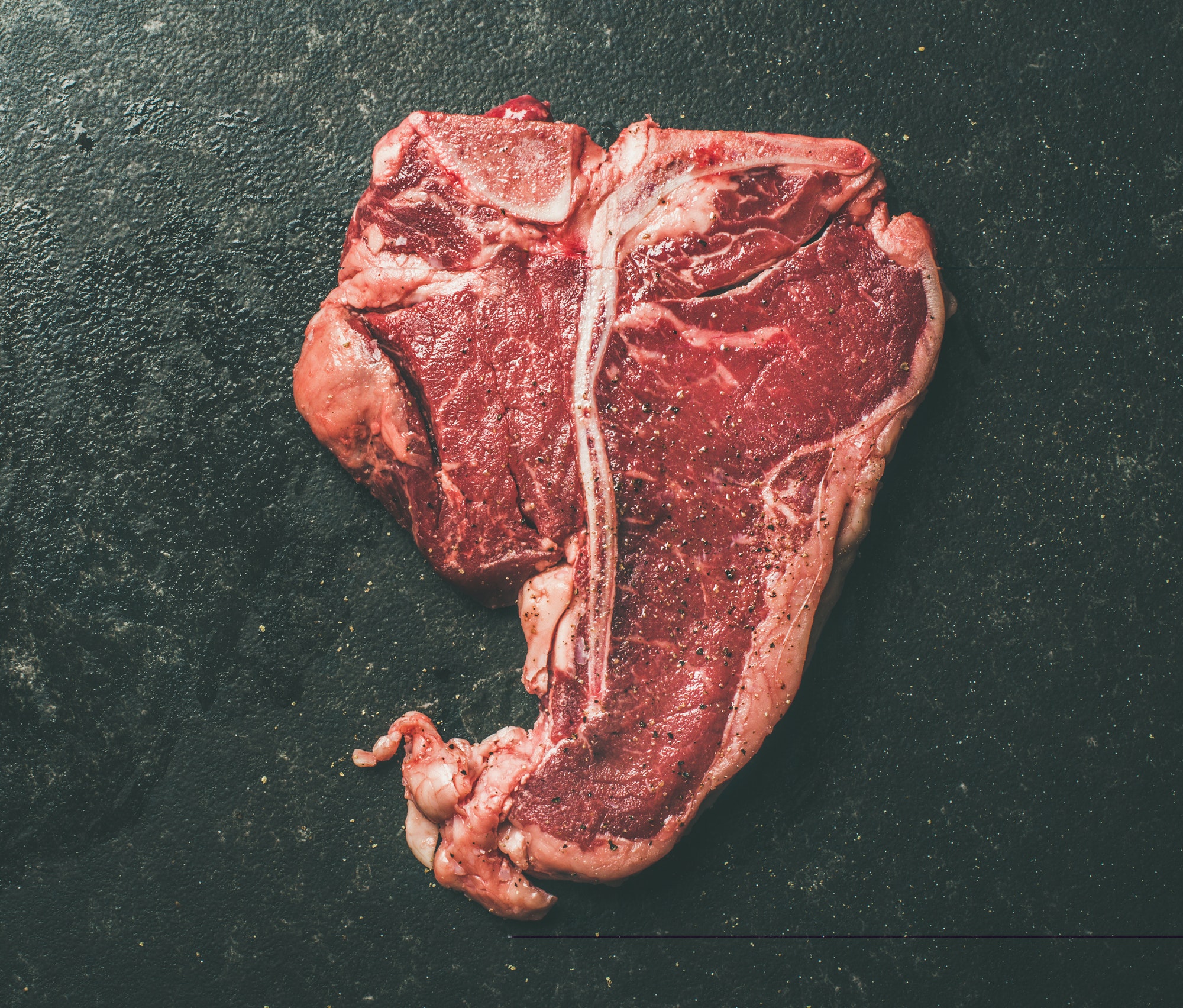
Beef is a widely recognized protein source for dogs, valued not only for its palatability but also for its nutritional benefits. Packed with essential nutrients like high-quality protein, iron, zinc, B vitamins, and amino acids, beef is an excellent component in a dog’s diet. Its protein content aids muscle growth and repair, supporting your furry companion’s overall health and energy levels. Moreover, the iron in beef assists in the formation of red blood cells, contributing to proper oxygen transport throughout the body, which is vital for your dog’s vitality and stamina.
When selecting beef as a protein source for your dog, it’s crucial to consider the quality and preparation. High-quality, lean beef cuts without added sauces or seasonings are preferred, ensuring your pet receives the full benefits without unnecessary additives. Additionally, proper cooking or raw feeding practices should be followed to eliminate any harmful bacteria that could affect your dog’s digestive system. It’s advisable to speak to a veterinarian or pet nutritionist to determine the appropriate portion sizes and ensure a balanced diet when incorporating beef into your dog’s meals.
Despite its nutritional advantages, some dogs might have sensitivities or allergies to beef, leading to digestive issues or skin problems. Monitoring your dog’s reaction to beef and being mindful of any adverse reactions is crucial. In such cases, alternative protein sources like chicken, turkey, fish, or lamb can be explored to meet your dog’s dietary needs while avoiding potential allergens. Ultimately, beef can be a valuable protein source for dogs, but individual considerations and moderation should guide its inclusion in their diet for optimal health and well-being.
Chicken

Chicken is a commonly used and highly regarded protein source for dogs, cherished for its nutritional value and digestibility. Packed with lean protein, vitamins such as B6 and B12, minerals like zinc and iron, and essential amino acids, chicken offers a well-rounded package of nutrients beneficial for a dog’s overall health. Its easily digestible nature makes it a great choice for dogs prone to allergies and those with sensitive stomachs. It often serves as a foundation for many commercial dog foods due to its palatability and nutritional profile.
When considering chicken as a protein source for your furry friend, selecting high-quality, lean cuts without skin and bones is recommended. Cooking chicken thoroughly is essential to eliminate harmful bacteria, ensuring your dog’s safety and well-being. Moreover, incorporating chicken into a balanced diet alongside other crucial nutrients like vegetables, grains, or supplements helps meet your dog’s nutritional requirements. It supports their immune system, muscle development, and energy levels.
While chicken is a valuable protein source for many dogs, some canines may have allergies or intolerances. When introducing new foods, monitor your dog for any adverse reactions, such as digestive problems or skin issues. If your pet displays sensitivity to chicken, alternative protein sources such as turkey, beef, fish, or lamb can provide similar nutritional benefits while catering to their dietary needs. Chicken is a widely accepted and nutritious protein option for dogs, contributing to their overall health and vitality when incorporated into a well-balanced diet.
Fish
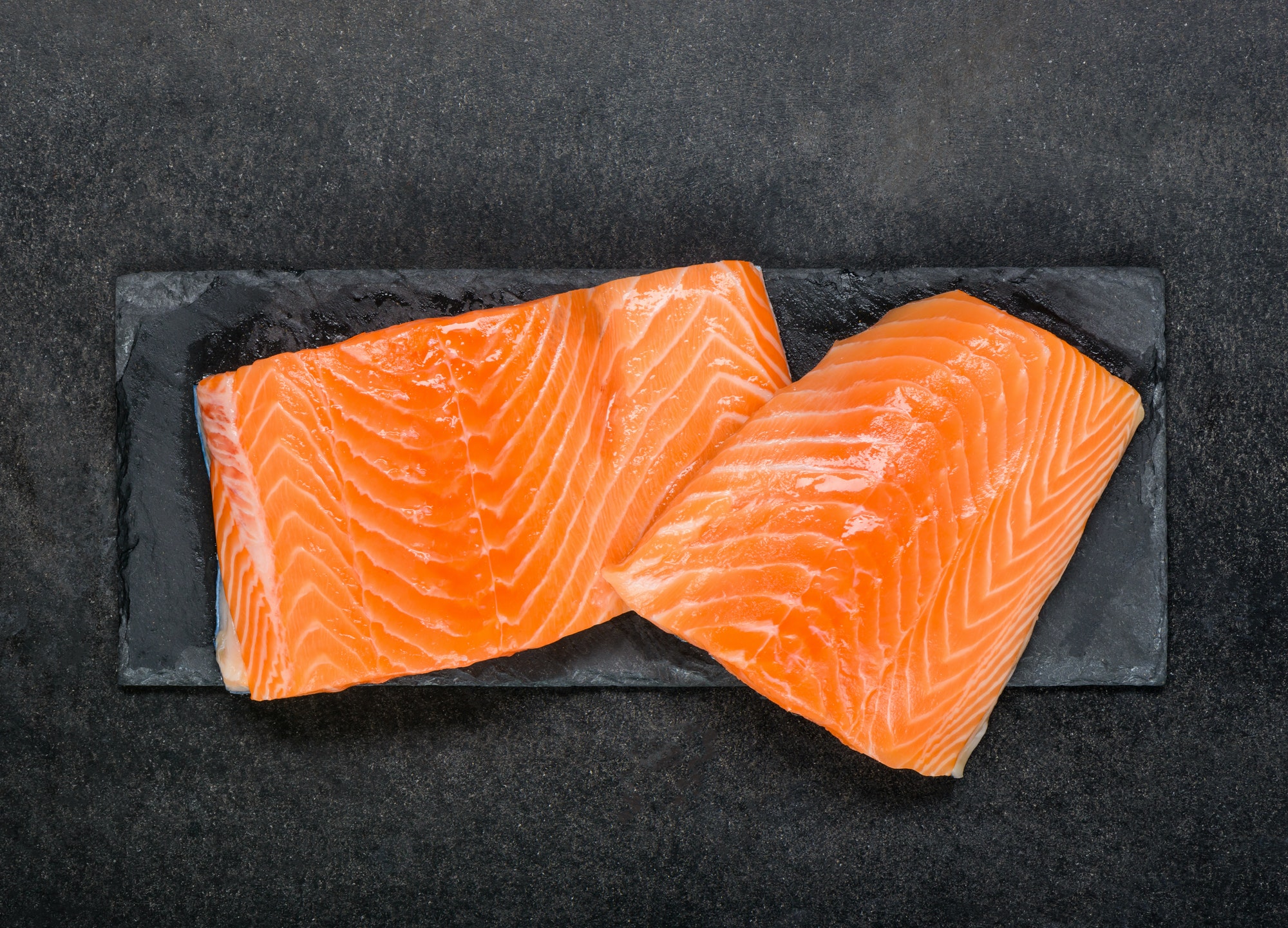
Fish is a fantastic protein source for dogs, offering myriad health benefits. Fish is rich in omega-3 fatty acids like EPA and DHA, which contribute to a dog’s healthy skin, coat, and immune system. These fatty acids possess anti-inflammatory properties, aiding in joint health, reducing inflammation, and supporting cognitive function in dogs, particularly in aging or senior pets. Additionally, fish provides high-quality protein, essential amino acids, vitamins such as D and B12, and minerals like selenium, all vital for a dog’s growth, muscle maintenance, and immune system support.
When incorporating fish into your dog’s diet, selecting species low in mercury and ensuring it’s fully cooked or properly prepared is crucial. Cooked fish without added seasonings or sauces is the safest option, eliminating any potential risks associated with raw fish consumption, such as parasites or bacterial infections. While fish can be an excellent addition to a dog’s diet, it’s important to moderate intake due to the potential mercury content in certain species, particularly for smaller breeds or dogs with specific health conditions.
Some dogs may exhibit allergies or sensitivities to certain types of fish. It is important to observe your dog for any adverse reactions after introducing fish into their diet. If your pet shows signs of intolerance, alternative protein sources like chicken, beef, or lamb can still provide the necessary nutrients without triggering allergic responses. Fish can be a highly beneficial protein source for dogs when chosen and prepared thoughtfully, contributing to their overall health and well-being when part of a balanced diet.
Turkey
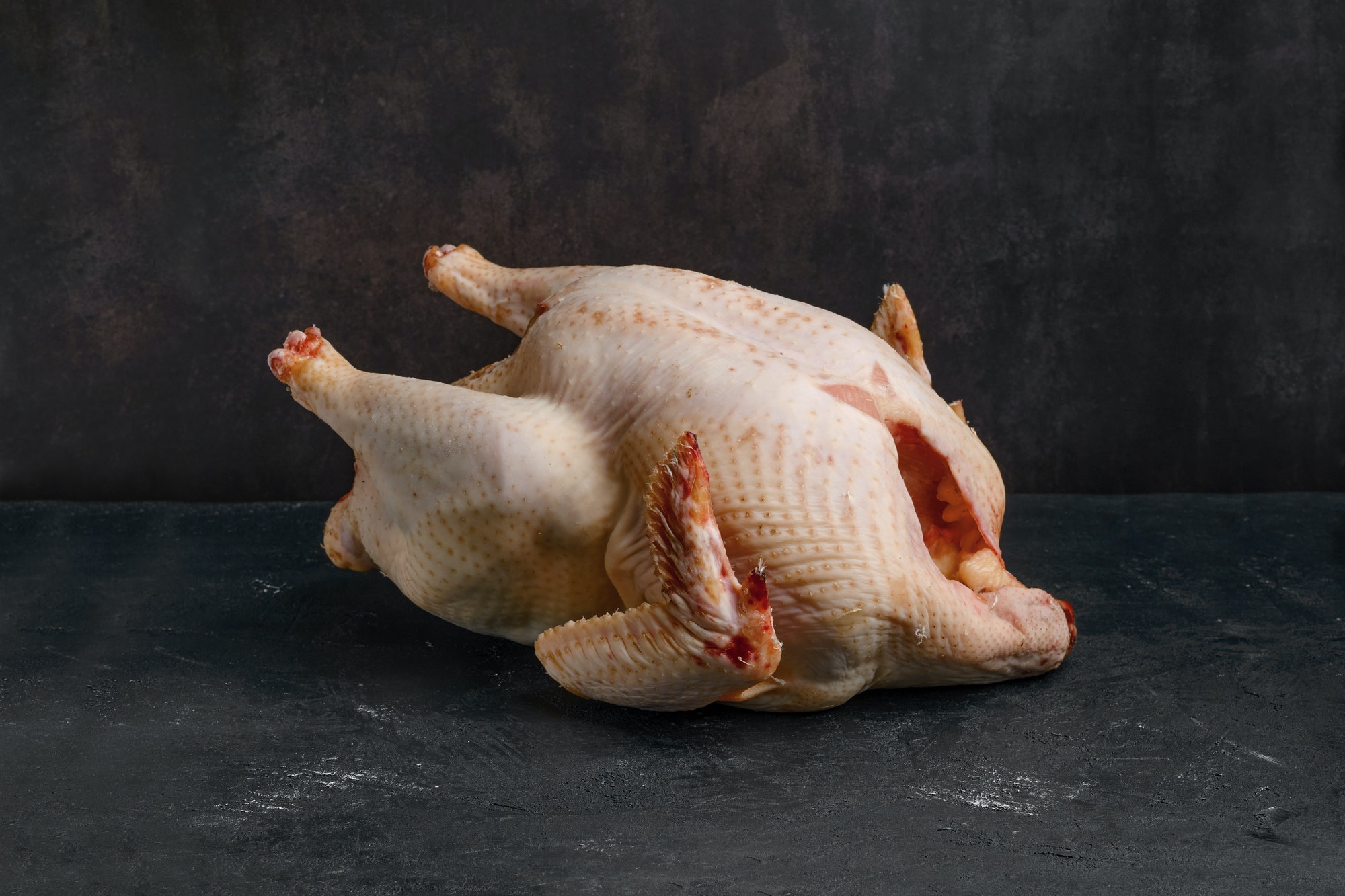
Turkey serves as a nutritious protein source for dogs, offering an array of essential nutrients beneficial for their health. Packed with lean protein, vitamins such as B6 and B12, zinc, and selenium, turkey contributes to muscle development, immune function, and overall vitality in dogs. Its low-fat content makes it an ideal protein option for canines prone to weight gain or those requiring a leaner diet. Additionally, turkey contains tryptophan, an amino acid that aids in regulating mood and promoting a sense of calmness, which can benefit anxious or stressed dogs.
When including turkey in your dog’s diet, opt for lean, boneless cuts without seasoning or added ingredients. Cooking the turkey thoroughly ensures the elimination of harmful bacteria, safeguarding your pet’s digestive health. Incorporating turkey into a well-balanced diet alongside other nutritious components like vegetables and grains can provide a complete array of essential nutrients, supporting your dog’s overall health and well-being.
While turkey is generally considered safe and nutritious for dogs, some canines might have sensitivities or allergies to poultry proteins. Observing your dog for any adverse reactions after introducing turkey into their meals is essential. If allergies or digestive issues arise, exploring alternative protein sources such as fish, beef, or lamb can help meet your dog’s dietary needs without triggering allergic responses. Overall, turkey is a wholesome protein option for dogs, offering a range of nutrients vital for their health when incorporated sensibly into their diet.
Eggs

Eggs are a highly nutritious and easily digestible protein source for dogs, packed with essential amino acids, vitamins, and minerals. They provide a complete protein profile supporting muscle development, tissue repair, and overall dog growth. Eggs are rich in nutrients like riboflavin, selenium, and vitamin D, contributing to healthy skin, coat, and immune function. Additionally, the presence of biotin in eggs aids in maintaining healthy skin and promoting a lustrous coat in dogs.
Incorporating eggs into a dog’s diet can be beneficial, especially when served cooked, to avoid any potential risks associated with raw egg consumption, such as bacterial contamination or interference with nutrient absorption due to avidin, a protein found in raw egg whites. Offering eggs as an occasional treat or adding them as a supplement to a balanced diet can provide a nutrient boost for your furry companion. For dogs with specific dietary needs or those prone to allergies, eggs can serve as an alternative protein source that’s easily tolerated and nutritious.
While eggs are generally safe and beneficial for most dogs, monitoring individual reactions is essential. Some dogs might have allergies or sensitivities to eggs, so introducing them gradually and observing for any adverse reactions like digestive upset or skin issues is important. If your dog shows signs of intolerance, consulting with a veterinarian can help determine suitable alternative protein sources while meeting your pet’s nutritional needs. Overall, eggs can be a valuable source of protein in a dog’s diet, offering a range of nutrients that contribute to their overall health and well-being when included in moderation and with consideration for individual dietary needs.
Venison
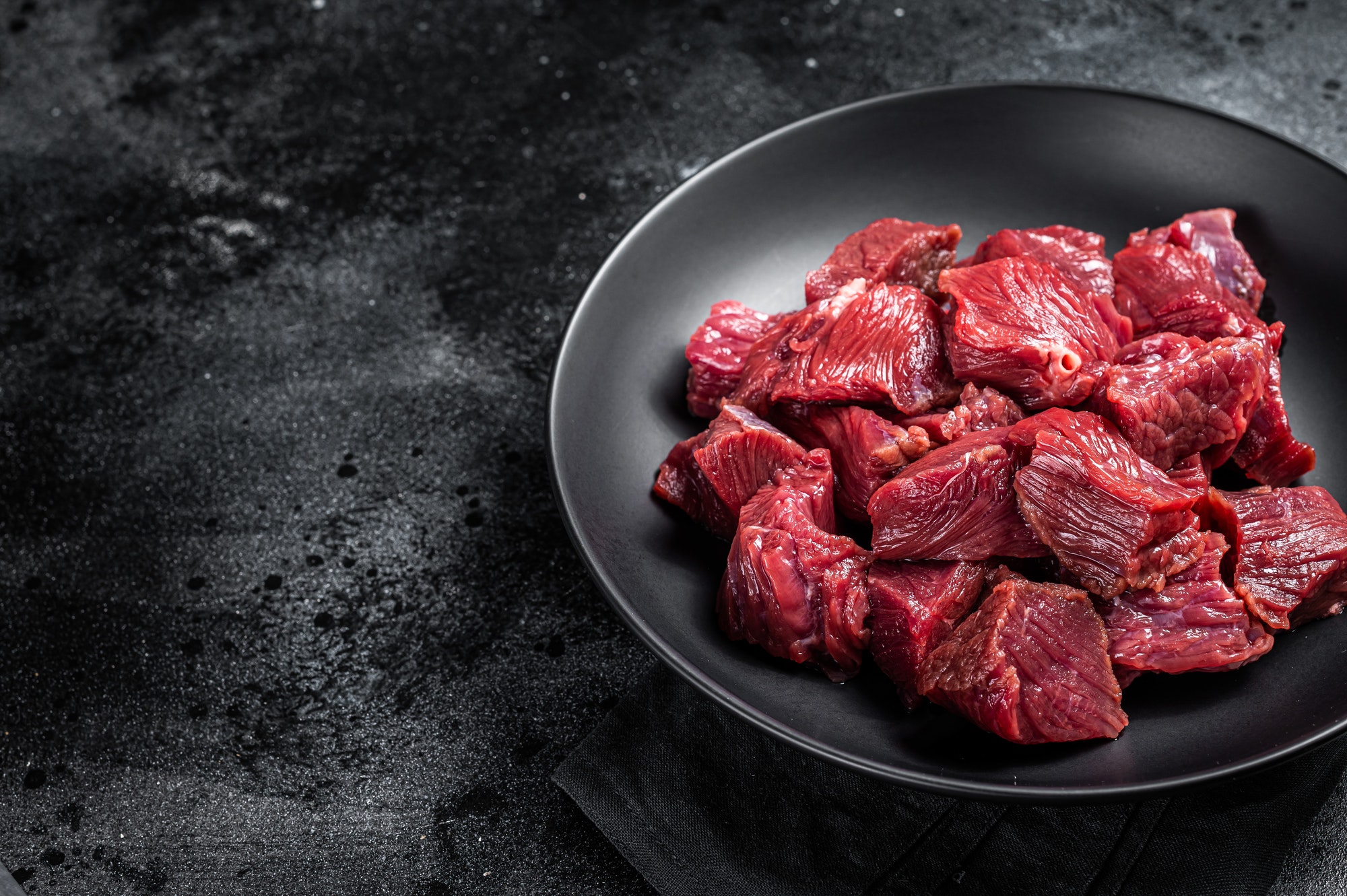
As a protein source for dogs, venison presents a unique and nutritious option rich in essential nutrients. It offers a lean protein profile, making it an excellent choice for canines with sensitivities to more common proteins like beef or chicken. Venison is low in fat and high in B vitamins such as B12 and niacin, as well as minerals like iron and zinc. This combination of nutrients supports muscle development, a healthy immune system, and proper metabolic function in dogs.
Introducing venison into a dog’s diet should be done carefully, particularly if your pet has not previously consumed it. It’s essential to source high-quality, properly handled venison to avoid contamination risks. As with any new protein source, gradual incorporation and observation for adverse reactions or digestive issues are crucial. Venison is often considered a novel protein, making it a potential option for dogs with food sensitivities or allergies, offering a protein source that’s less likely to trigger adverse reactions.
While venison can be a nutritious addition to a dog’s diet, it might only be readily available or feasible for some pet owners. Additionally, consulting with a veterinarian or pet nutritionist can guide appropriate portion sizes and ensure a balanced diet when incorporating venison. Venison can offer some dogs a novel and highly beneficial protein source. Still, individual considerations and monitoring for adverse reactions remain essential when introducing new foods into their diet.
Bison
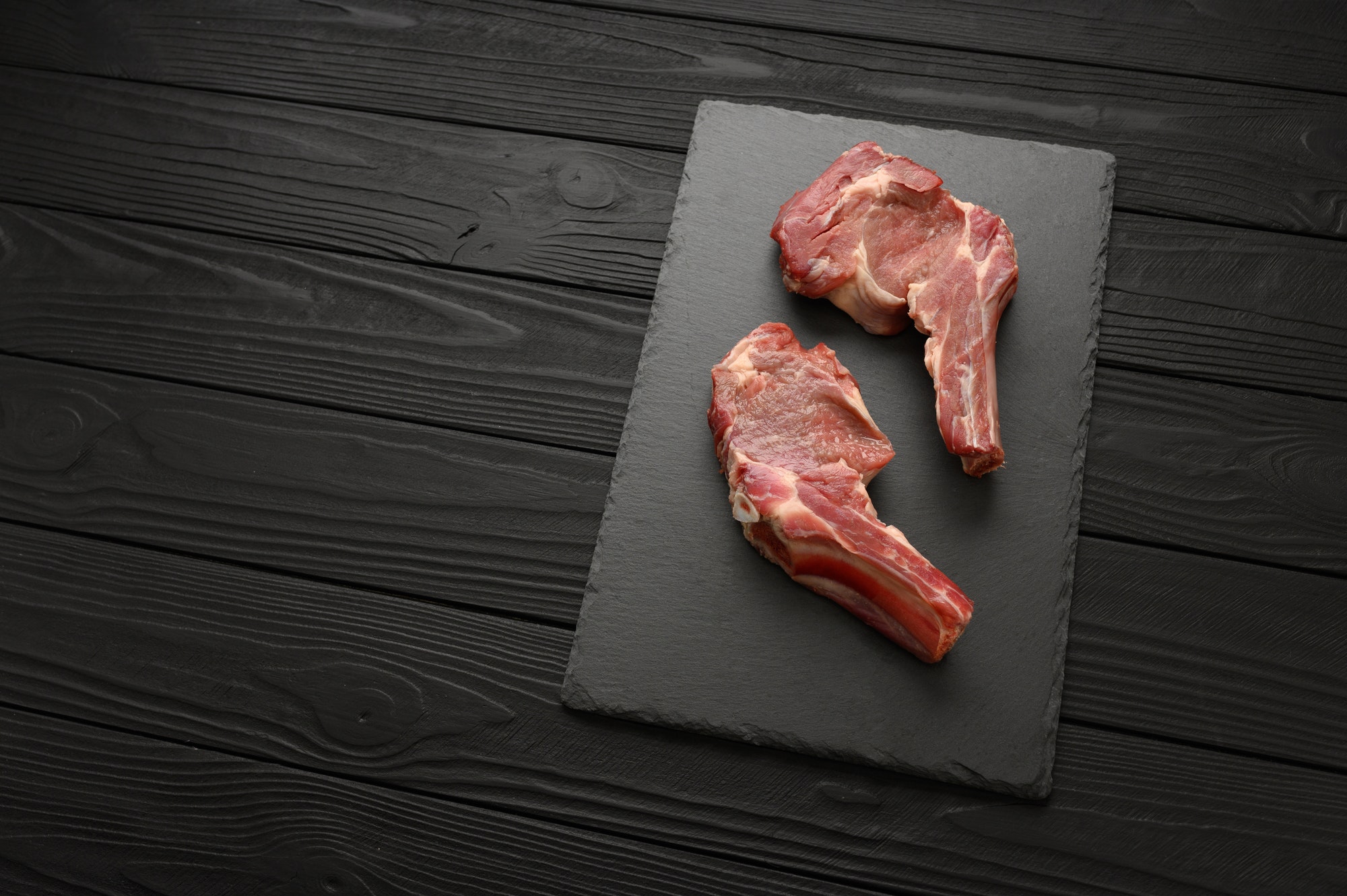
Bison meat is a nutrient-dense protein source for dogs that offers a range of benefits. Rich in high-quality protein, bison provides essential amino acids for muscle development, tissue repair, and overall canine health. Compared to traditional meats like beef, bison often contains lower fat and cholesterol levels, making it an attractive option for dogs prone to weight issues or those requiring a leaner diet. Additionally, bison is a source of iron, zinc, and vitamin B12, contributing to a dog’s energy levels, immune function, and overall well-being.
Introducing bison into a dog’s diet can provide a novel protein source, particularly beneficial for canines with sensitivities or allergies to more common proteins like chicken or beef. As with any new protein source, it’s essential to introduce bison gradually, monitoring for any signs of digestive upset or adverse reactions. High-quality, properly sourced bison meat is crucial to ensure its safety and nutritional benefits for your furry friend.
Seeking advice from a veterinarian or pet nutritionist can provide valuable guidance for integrating bison into your dog’s diet. These professionals offer expertise in determining suitable portion sizes and crafting a balanced meal regimen tailored to fulfill your dog’s individual nutritional requirements. Bison stands out as a superb protein choice for numerous dogs, delivering a concentrated source of nutrients that is easily digested and supports their overall health and vigor when included as a component of a comprehensive diet.
Duck
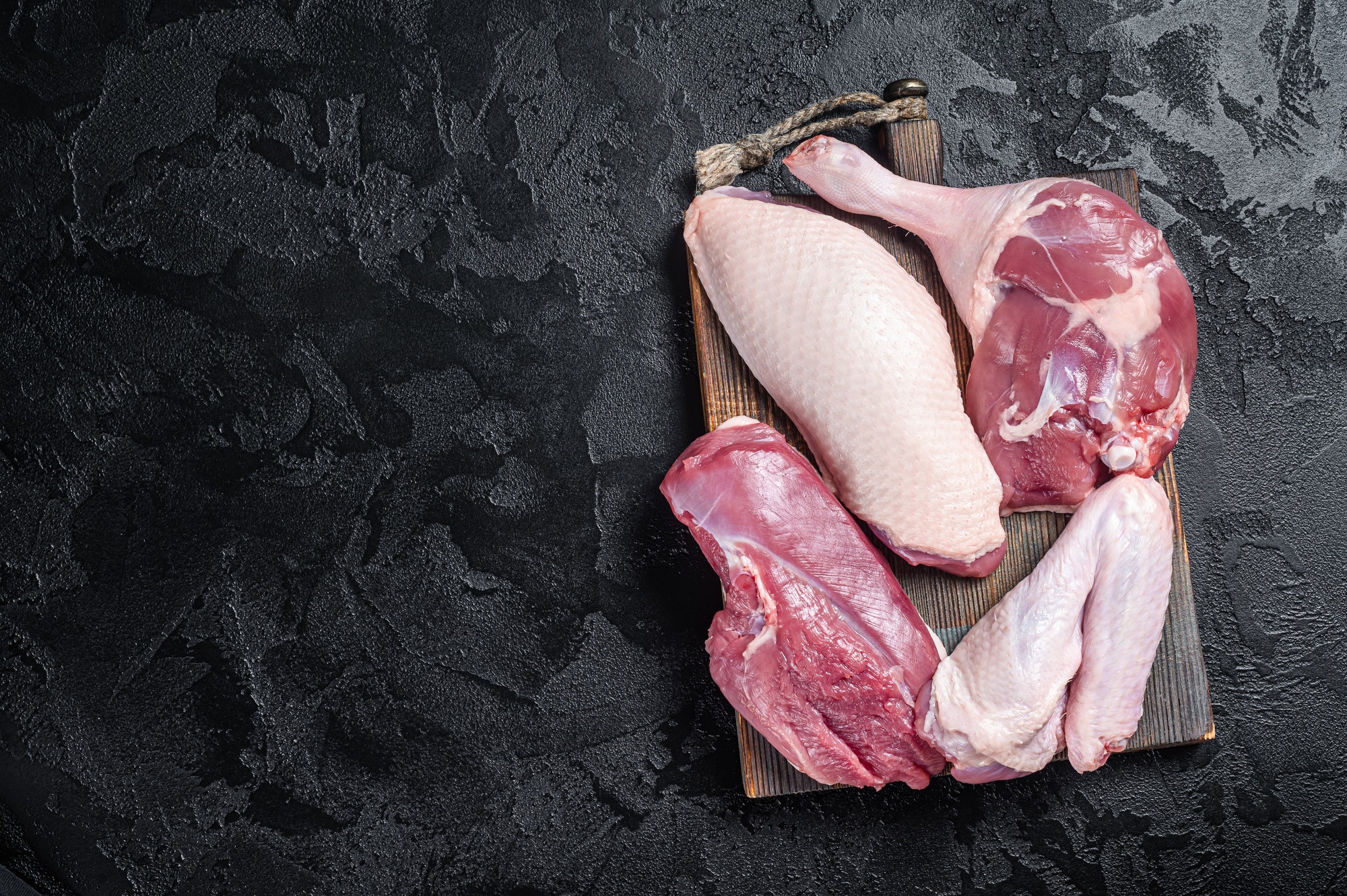
Duck meat serves as a nutrient-rich protein source for dogs, offering a range of essential nutrients vital for their health. Packed with high-quality protein, duck provides amino acids necessary for muscle development and overall canine growth. Additionally, duck is rich in iron, zinc, and various B vitamins, contributing to a dog’s energy levels, immune function, and healthy coat. Its distinct flavor often appeals to dogs, making it a palatable option for even picky eaters.
Introducing duck into a dog’s diet can be beneficial, especially for canines with allergies or sensitivities to more common proteins like chicken or beef. However, duck should be gradually introduced into your dog’s diet. It is important to monitor your pet for any adverse reactions or digestive issues. Choosing high-quality, properly handled duck meat is crucial to ensure its safety and nutritional value for your furry companion.
Consulting with a veterinarian or pet nutritionist can provide guidance on incorporating duck into your dog’s meals, including suitable portion sizes and ensuring a well-balanced diet. Duck can serve as a valuable and easily digestible protein source for many dogs, offering a range of nutrients that support their overall health and well-being when included as part of a carefully planned diet.
Conclusion
Protein is a vital component of your dog’s diet, crucial to their health and well-being. While there are various protein sources to consider, it’s essential to consider factors such as your dog’s individual dietary needs, allergies, and sensitivities. Chicken, beef, fish, turkey, lamb, eggs, venison, bison, and duck are all excellent options, each offering a unique set of nutrients contributing to your dog’s health.
It’s important to remember that the quality of the protein matters just as much as the source itself. Opt for lean cuts, ensure proper cooking to eliminate potential pathogens, and always be cautious with bones to prevent choking hazards. Additionally, consulting with a veterinarian or pet nutritionist can provide valuable insights into tailoring your dog’s diet to meet their specific requirements.
Ultimately, providing your furry companion with a well-balanced diet of high-quality proteins will ensure their energy, vitality, and longevity.
